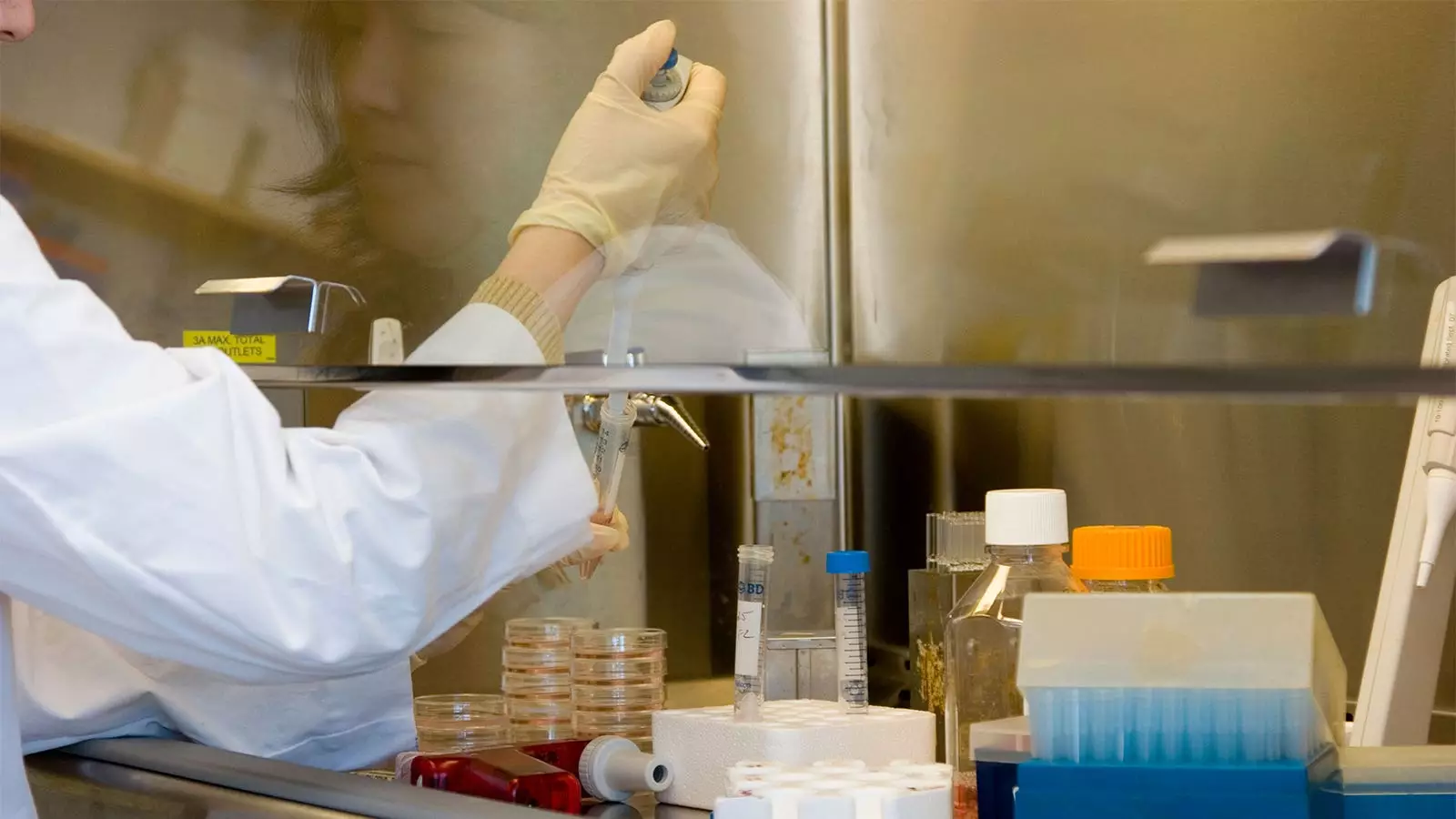Upon inspecting the allogenic, adipose-derived stromal vascular fraction (SVF) product Ayama by Akan Biosciences, the FDA has determined that it must be regulated as a drug and a biologic. This is due to the fact that Ayama does not meet the criteria for minimal manipulation or homologous use, as outlined in the Public Health Service Act. Adipose-derived SVF is typically autologous, making Akan Biosciences’ allogenic product a unique case in the field of regenerative medicine.
One of the major compliance issues noted by the FDA in their warning letter to Akan Biosciences was the failure to screen donors for communicable diseases. This is a crucial step in ensuring the safety of the product for patients who receive it. The FDA also pointed out flaws in the donor screening form used by the company, which did not address certain risk factors for relevant communicable diseases. These violations were discovered during an inspection in September 2022, highlighting the importance of stringent adherence to current good manufacturing practice (CGMP) requirements.
In response to the FDA warning, Akan Biosciences initiated a voluntary recall of Ayama at the end of September 2022. However, the FDA deemed the company’s response as inadequate. Despite numerous violations of CGMP requirements and the classification of Ayama as a drug and biologic, Akan Biosciences has yet to provide a substantial response to the FDA’s claims.
The case of Akan Biosciences is just one example of the FDA’s ongoing efforts to regulate unapproved regenerative medicine therapies. Since 2021, the agency has been targeting various products including birth tissue products, stem cell products, orthobiologics, and exosomes. Manufacturers of these products are now required to meet premarket approval criteria or conduct research under the FDA’s investigational new drug (IND) requirements.
The FDA’s strict oversight of regenerative medicine therapies serves to protect patients from potentially harmful or ineffective products. Companies like Akan Biosciences must adhere to stringent regulations and compliance standards to ensure the safety and efficacy of their products. As the field of regenerative medicine continues to evolve, it is crucial for manufacturers to prioritize patient safety and regulatory compliance in all aspects of product development and distribution.


Leave a Reply